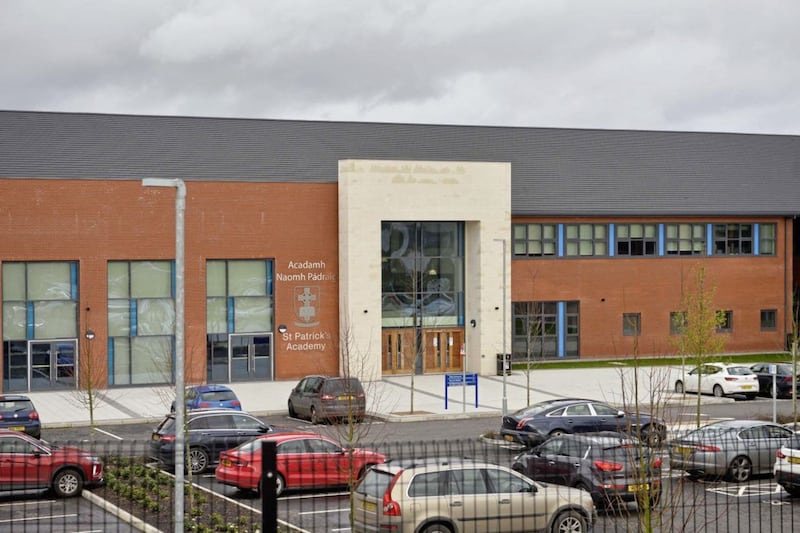ANYBODY wanting to understand the genesis of the civil unrest in Northern Ireland that has come to be known as 'the Troubles' should have had a seat in the MAC's main auditorium on Saturday afternoon.
The packed house enjoyed an encounter between film producer David Puttnam and noted activist and former MP for Mid-Ulster, Bernardette Devlin McAliskey. Their wise analysis of the period, and of British politics today, was spot on.
First, though, we were treated to a showing of David Puttnam's documentary short, Bringing it all back home. Made in 1972, it followed the key figures behind the civil rights movements operating here and in London that fuelled what turned into the 'Troubles'.
Eamonn McCann was seen fulminating against the treatment of young Irish men during internment. The Derry writer and politician had the long sideburns and phrases of the period.
He and fellow activists such as John Gray were seen spawning a popular movement that forced the government to act. In one of many quotable moments, Bernadette Devlin observed later that it appeared both sides of the paramilitary engagement had been funded by the British government.
You sensed why things turned nasty very quickly, as they tragically did. Bloody Sunday was possibly the lit match held to a dry bonfire, to borrow a local metaphor.
David Puttnam's input was equally impressive. A Labour member of the House of Lords, he is known for award-encrusted movies such as Chariots of Fire. Yet in tandem has been a career seeking to educate and correct injustice. Just as Bernadette McAliskey now champions migrant rights, he chairs the House of Lords committee on digital media.
He emphasized the importance of this work, given our need to know the authenticity of the information we receive and where it comes from.
The aphorisms and asides were superb. Both speakers know what they're talking about and this committed generation underlines the inadequacy of the current political class in London. So for example: Yoga is not going to fix things (McAliskey). You can say 'For the many, not the few.' as much as you like and will get as far as Jeremy Corbyn. (McAliskey). To quote an Alice Walker poem 'It's not enough to be relevant, you have to be precise'. (McAliskey) Lord Puttnam noted that he'd always loved films but after viewing The Battle of Algiers, realized they could change things.
He added, and this was shocking, that he later went on the anti-internment march because his country was perpetrating the kind of ill treatment of its citizens he'd thought could never happen in our mother of democracies.
"Things were going on in my country that I'd marched against because they happened in other countries."
Mrs McAliskey's humour - she quoted from Life of Brian to great effect - and Lord Puttnam's insights were-genuinely amazing.
As somebody brought up in Kent, I remember the media's caricature of Miss Devlin, elected an MP at just 21.
The event, conceived by The MAC chair David Gavaghan, showed why we need this place. To understand our place.








